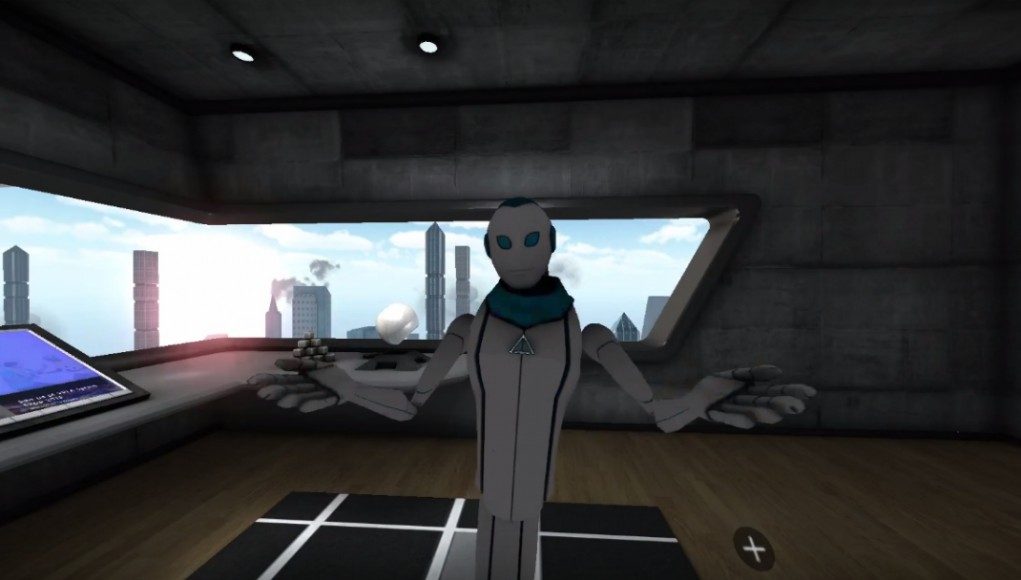AltspaceVR have had a hell of a week. As part of their ongoing ‘Social Week’ the company have made some big announcements, Gear VR support and cross platform capabilities with the addition of HTC Vive support. Now, the company have revealed a new Software Development Kit, which they’ve designed to make “…creating VR applications simple for developers”.
AltspaceVR‘s week long Social VR event began on the 14th and continues until the 21st and has been a milestone week for the company dedicated to bringing social VR to the masses.
On Monday, they announced support for Samsung’s Oculus engineered mobile virtual reality platform Gear VR, also stating that the AltspaceVR platform now supports cross platform (that is, people with multiple different kinds of headsets can share the same social VR space) with big news that support for Valve’s flagship VR headset, the HTC manufactured Vive coming the following day.
AltspaceVR continues its rollout of news with word that they’re releasing a new SDK, designed to help developers create mini applications to exist within the virtual social world the company is building. The new SDK ensures that “developers’ projects offer a high-quality VR experience through a set of application programming interfaces (APIs).”
THE APIS ALLOW DEVELOPERS TO TAP INTO THE NATURAL SOCIAL INTERACTIONS, SYNCHRONIZED MULTIPLAYER CAPABILITIES, NETWORKING, VOIP AND IMMERSIVE VIRTUAL ENVIRONMENTS PROVIDED BY ALTSPACEVR. THE SDK IS BASED ON OPEN STANDARDS, AND APPS BUILT USING IT ARE COMPATIBLE WITH MULTIPLE WEB BROWSERS IN ADDITION TO ALTSPACEVR. DEVELOPERS RETAIN FULL OWNERSHIP OF ANY APPLICATIONS THEY CREATE.
Gavan Wilhite, Founder and Director of Engineering at AltspaceVR says of the initiative “Many developers are interested in creating content for VR but get stopped short by the steep learning curve of developing for virtual reality,”. Continuing he states the company’s desire to make creating in VR an open and accessible experience “Using only standard web technology and our SDK, developers can now quickly and easily import their creation into VR. Whether you have a game, hobby project, architectural model, museum exhibit, art gallery, retail store, or something else entirely, AltspaceVR offers a way to reach your audience online in the most natural and effective way possible – VR.”
To help encourage developers to create for the platform, AltspaceVR is offering a developer initiative program, featuring a $150,000 fund available for grants. Candidates apply with a prototype and plan for their project; those selected will continue in the program until completion of a finished, multi-layer, synchronized application.
Those familiar with AltspaceVR may already have come across creative fruits of the company’s initiative. Thomas Kadlec, creator of Ghost Vector, Elijah Newman-Gomez of SmSithLord, and Alex Whalton of No Drift Reality have already created games and experiences using the SDK.
If you’re a developer and you’re interested in getting you hands on some of that grant money or indeed if you’re just interested in creating applications for this wild west frontier of platforms, go and grab the SDK right here.







